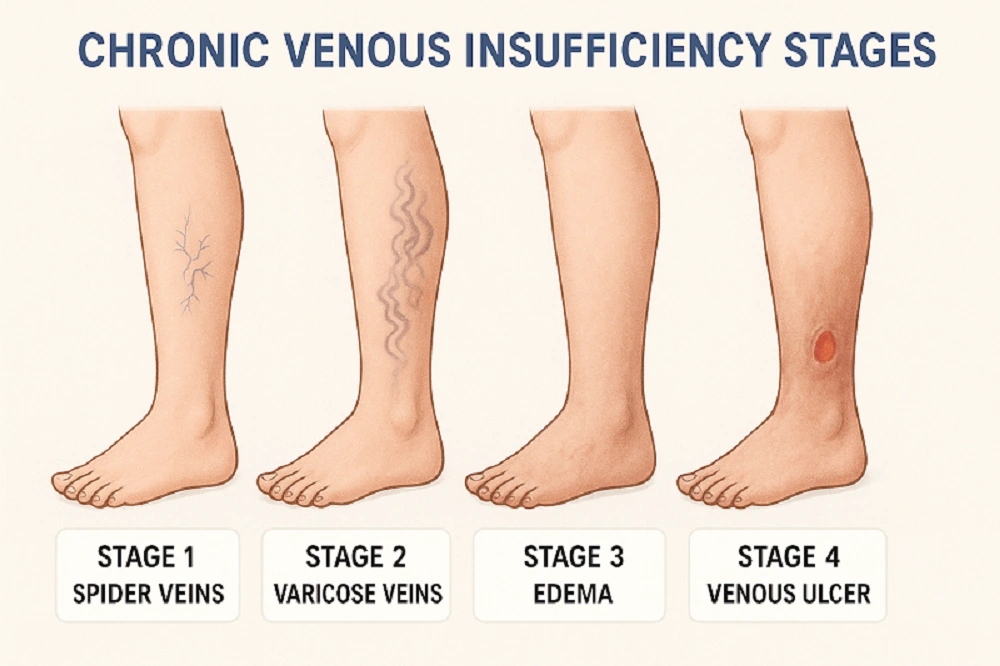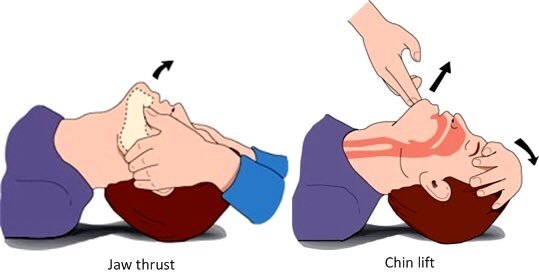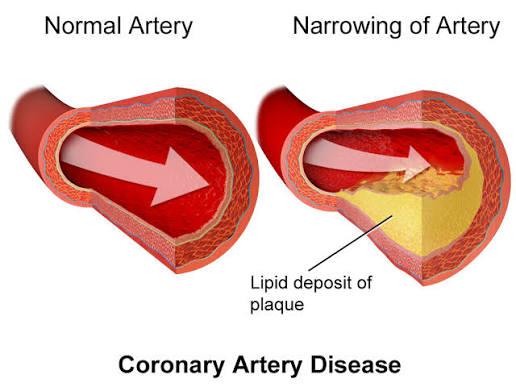
A patient is scheduled for a surgical procedure. The surgeon explains the risks and benefits of the surgery but does not provide information about alternative treatments. What ethical principle is primarily violated in this scenario?
- A) Autonomy ✓
- B) Beneficence
- C) Non-maleficence
- D) Justice
Autonomy refers to the right of patients to make informed decisions about their own healthcare. This principle emphasizes the importance of providing patients with all relevant information regarding their treatment options, including risks, benefits, and alternatives. Informed consent is a fundamental aspect of respecting patient autonomy; it requires that patients are fully informed about their medical choices before agreeing to a procedure.
Analysis of the Scenario
- Informed Consent: For a patient to give informed consent for surgery, they must understand not only the procedure itself but also any alternative treatments available. By failing to provide information about alternative treatments, the surgeon undermines the patient’s ability to make an informed decision.
- Patient Empowerment: Autonomy is closely linked to empowering patients in their healthcare decisions. When patients are not given comprehensive information, they may feel coerced into accepting a particular treatment without understanding other viable options that could be less invasive or more suitable for their condition.
- Legal and Ethical Standards: Legally and ethically, healthcare providers are obligated to disclose all pertinent information that could affect a patient’s decision-making process. This includes discussing alternative therapies that might be appropriate for the patient’s condition.
- Consequences of Violating Autonomy: When autonomy is compromised, it can lead to distrust between patients and healthcare providers, potentially resulting in poor patient satisfaction and adherence to treatment plans.
Conclusion
In this case, by not discussing alternative treatments, the surgeon has failed to respect the patient’s autonomy, which is essential for ethical medical practice. Therefore, the correct answer is A) Autonomy.







